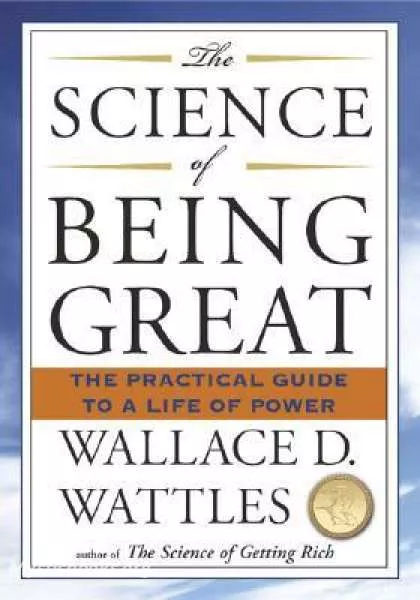
The Science of Being Great
'The Science of Being Great' Summary
All men are made of the one intelligent substance, and therefore all contain the same essential powers and possibilities. Greatness is equally inherent in all, and may be manifested by all. Every person may become great. Every constituent of God is a constituent of man. Man may overcome both heredity and circumstances by exercising the inherent creative power of the soul. If he is to become great, the soul must act, and must rule the mind and the body. There is a Principle of Power in every person. By the intelligent use and direction of this principle, man can develop his own mental faculties. Man has an inherent power by which he may grow in whatsoever direction he pleases, and there does not appear to be any limit to the possibilities of his growth. No man has yet become so great in any faculty but that it is possible for someone else to become greater. The possibility is in the Original Substance from which man is made. Genius is Omniscience flowing into man. Genius is more than talent. Talent may merely be one faculty developed out of proportion to other faculties, but genius is the union of man and God in the acts of the soul. Great men are always greater than their deeds. They are in connection with a reserve of power that is without limit. We do not know where the boundary of the mental powers of man is; we do not even know that there is a boundary.
Book Details
Language
EnglishOriginal Language
EnglishPublished In
1988Genre/Category
Tags/Keywords
Authors
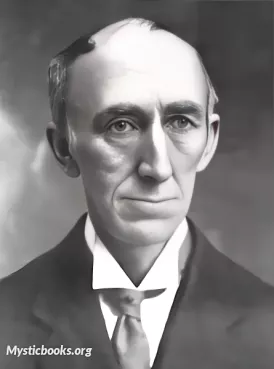
Wallace D. Wattles
United States
Wallace D. Wattles was an American New Thought writer and spiritual teacher who is best known for his book The Science of Getting Rich. Born in Illinois in 1860, Wattles spent much of his life studyin...
Books by Wallace D. WattlesDownload eBooks
Listen/Download Audiobook
Related books
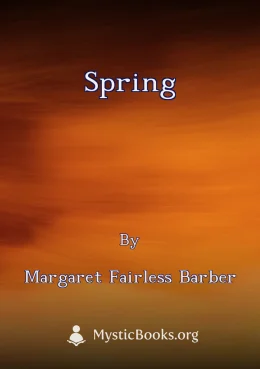
Spring by Margaret Fairless Barber
"Spring" by Margaret Fairless Barber is a collection of short meditations on the beauty and wonder of the natural world. Barber's writing is lyrical a...
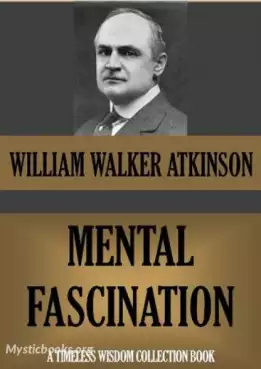
Mental Fascination by William Walker Atkinson, Theron Q. Dumont
This book looks at the Followers of the New Thought movement of the early 20th century who believed in the concept of "mind over matter," It introduce...

Byways to Blessedness by James Allen
James Allen instructs us on how to improve our life and spiritual well-being through the power of positive thinking. He teaches us to live in the pres...

Your Invisible Power by Genevieve Behrend
Unlock the power to be happy regardless of the things you desire learn to find the happiness within yourself. Your Invisible Power Audiobook by Genevi...

How to Tell Stories to Children by Sara Cone Bryant
Sarah Cone Bryant was an educator and storyteller who wrote several books on the importance of oral storytelling to children, and stories to tell chil...
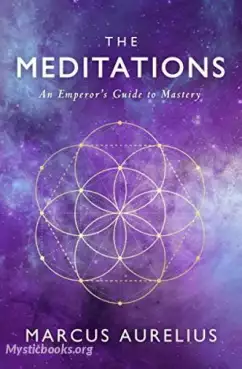
Meditations by Marcus Aurelius
Marcus Aurelius was a Roman Emperor and philosopher who wrote Meditations; insights which were considered to give the meaning of life. The book was no...

Beautiful Girlhood by Mabel Hale
The transitioning years between girlhood and womanhood are an exciting time for a girl, as well as tumultuous and confusing. Beautiful Girlhood by Mab...

A Series of Lessons in Raja Yoga by William Walker Atkinson, Theron Q. Dumont
The Book talks on the internal world of the self. The real nature of the subconscious mind, the way to control it, how ego comes into play and most fr...

The Heart of the New Thought by Ella Wheeler Wilcox
A new book of original essays by this gifted woman dealing with The New Thought in practice. It deals with the practice of New Thought in our daily li...
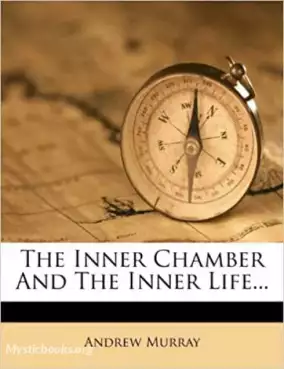
The Inner Chamber and the Inner Life by Andrew Murray
Here is a book of devotions that will bring joy and strength. Its chapters provide vital keys to living and enjoying the Christian life. It covers imp...
Reviews for The Science of Being Great
No reviews posted or approved, yet...